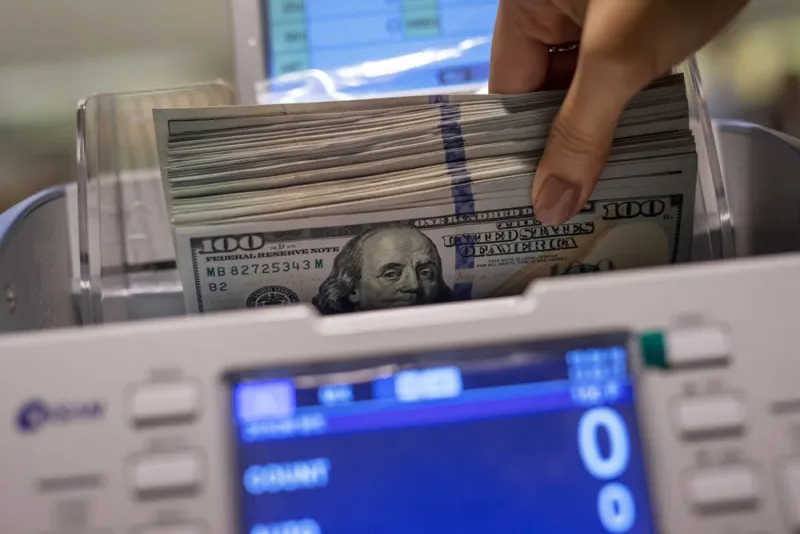Fund managers are sitting on the highest levels of cash since the terrorist attack in New York on September 11, 2001 — a sign of their heightened concern in the coronavirus downturn, according to Bank of America Corp.
Investor pessimism rose to an “extreme” level this month, with cash levels jumping to 5.9 percent, from 5.1 percent in March, Bank of America found in its monthly survey of fund managers. That compares with an average 4.6 percent cash balance over the past decade.
The fund managers appeared to buck the recent view of Bridgewater Associates founder Ray Dalio that “cash is trash,” as they pulled back from investing. Bank of America suggested that cash cushions represent “a contrarian buy signal” for equities, citing a fund-manager-survey rule that investors should purchase stocks when balances surpass 4.5 percent.
The bank’s latest survey found investors are “very long” cash, health care, staples, utilities, the U.S, technology, and bonds. They are “very short” energy, equities, materials, industrials, the U.K., banks, and the Eurozone.
[II Deep Dive: Time to Buy, Says GMO]
Before stock markets plunged this year on coronavirus pandemic fears, Dalio said in a January interview with the CNBC at the World Economic Forum in Davos, Switzerland that “cash is trash.” He urged a well-diversified portfolio.
“I still think that cash is trash relative to other alternatives, particularly those that will retain their value or increase their value during reflationary periods (e.g., some gold and some stocks),” Dalio wrote about a week ago in a Reddit Ask Me Anything post.
Institutional Investor reported late last month that cash balances at Baupost Group had declined as the hedge fund firm took advantage of investment opportunities in the market turmoil and sought to recapitalize with fresh assets.
Earlier in March, GMO’s Ben Inker told II that lower stock prices made the firm “more excited about equity.” The U.S. stock market came into the coronavirus turmoil “awfully expensive to history,” Inker said at the time.
Meanwhile, in a “rare dichotomy,” fund managers surveyed by Bank of America believe global cuts to earnings per share are just starting even as they view reductions to global growth in the next year as largely over. Fifty-two percent of the managers expect the economic recovery from the coronavirus shock will take the shape of a U.







